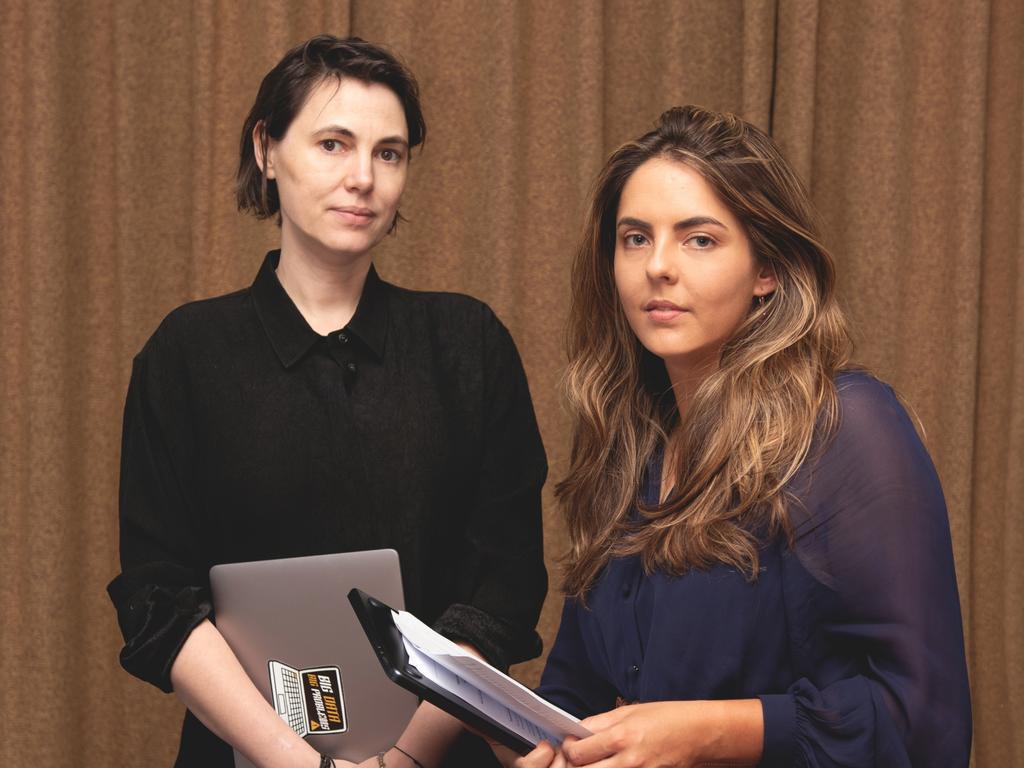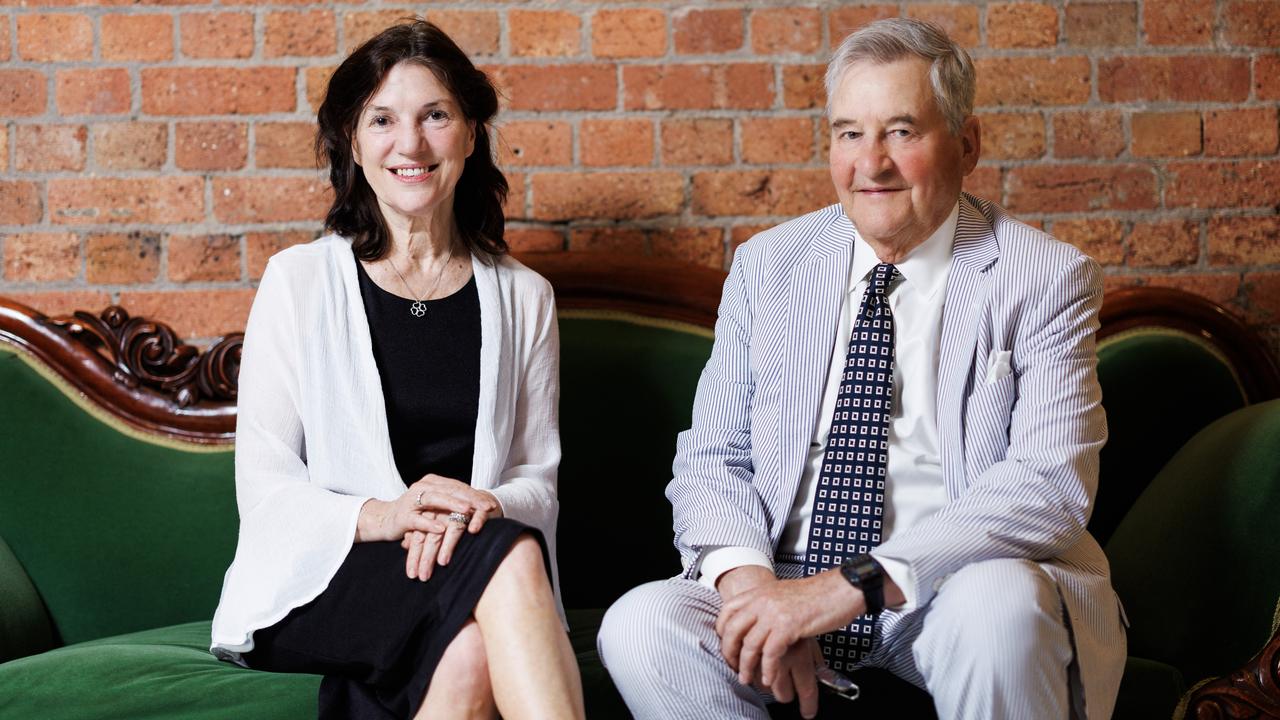Personal data of thousand of Aussies sold to highest bidder
Private data – everything from your love life to where your children have been – is being sold in secretive deals - and it’s legal. Here’s what you can do to make a change.
Private data – everything from mortgage and rent payments to your love life and family planning – is being sold to the highest bidder in secretive deals with advertisers, as campaigners call for the government to toughen up legislation to protect consumers.
The information – including the tracking of children’s locations – is being auctioned off in real time to advertisers, or other unknown entities. And, it is perfectly legal.
Some believe scammers could also be getting their hands on this valuable information by setting up legitimate companies and bidding for the data.
An exclusive report by Reset Australia reveals we are lagging behind many other jurisdictions, including Europe in protecting people’s privacy.
Alice Dawkins from the campaign group said most Australians would be “shocked” to know how much of their private data was being collected and then sold to advertisers, often through third parties, without their knowledge.

And she said it was harming Australians, especially vulnerable people, who are being manipulated.
“The predatory data market is rotten at its core,” Ms Dawkins said.
“Australians are for sale.”
Reset Australia is calling for a raft of reforms and legislative changes including the right for Australians to opt in to targeted advertising, or at the very least, opt out.
Ms Dawkins said now was the time for people to speak out with the Privacy Act under review.
The Australian Competition and Consumer Commission (ACCC) is also releasing its report next month on the potential harms and benefits to consumers and small businesses, with a focus on third party data brokers, who get their information from other sources, rather than from the consumer directly.
It comes as Google, the world’s largest search engine, has started to remove third party cookies which track online activities, from one per cent of its users’ browsers.
“The onus cannot and should not be on Australians to protect themselves one-by-one by disconnecting from the digital world,” Ms Dawkins said.
“Consumers should not be expected to become technical experts simply to engage online.”
Ms Dawkins said as well as wanting more transparency on who buys the data, there are questions to be answered around security when it comes to geofencing, which is where data brokers collect information on who is going into certain buildings, including hospitals, cancer clinics, airports, casinos, gyms, nightclubs, massage parlour, banks, government buildings, military bases and playgrounds.
There’s even a category for people who have gone to pizza restaurants.
Those in the Australian data industry either say they use statistical information, not the profiles of individuals, or if they do collect individual data it is anonymised so that it’s impossible to match with real people.
But privacy campaigners believe when different lists of data are merged that’s when people’s actual names can end up attached to a profile.

Market research company Roy Morgan’s chief executive Michele Levine said that her company used survey information to create its Helix Personas product, which divides Australians into categories ranging from rich arts-lovers to battlers who are interested in smoking and fast food.
“Essentially, it never goes back to an individual,” Ms Levine said.
“It’s always modelled to groups down to street level … there is no individual person whose information is available through Helix Personas.”
However, she contrasted this with other companies which have “pulled together, I don’t know, maybe some American Express data, or other credit card data or new car buyers – they’ve bought lists of various kinds which actually have people attached to them”.




